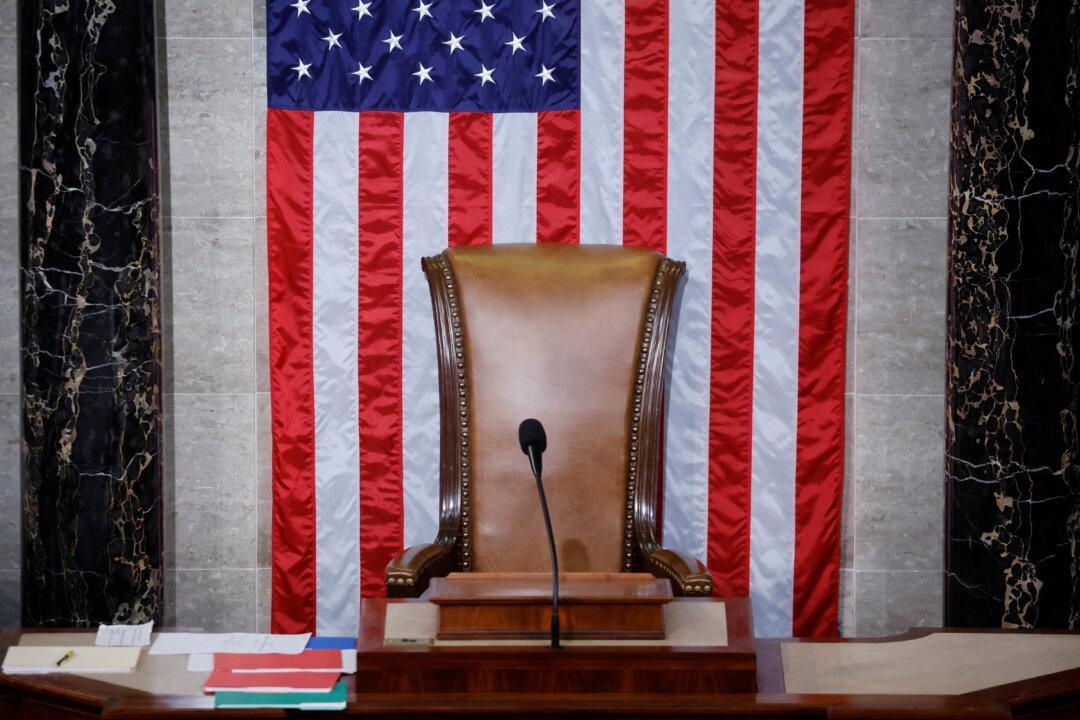The House of Representatives has been essentially closed since Oct. 3, when 8 Republicans and 208 Democrats voted to vacate the chair.
That action removed Speaker Kevin McCarthy (R-Calif.) from office. Speaker Pro Tempore Patrick McHenry (R-N.C.) was appointed by a House rule intended to ensure the continuity of government in case of emergencies.





